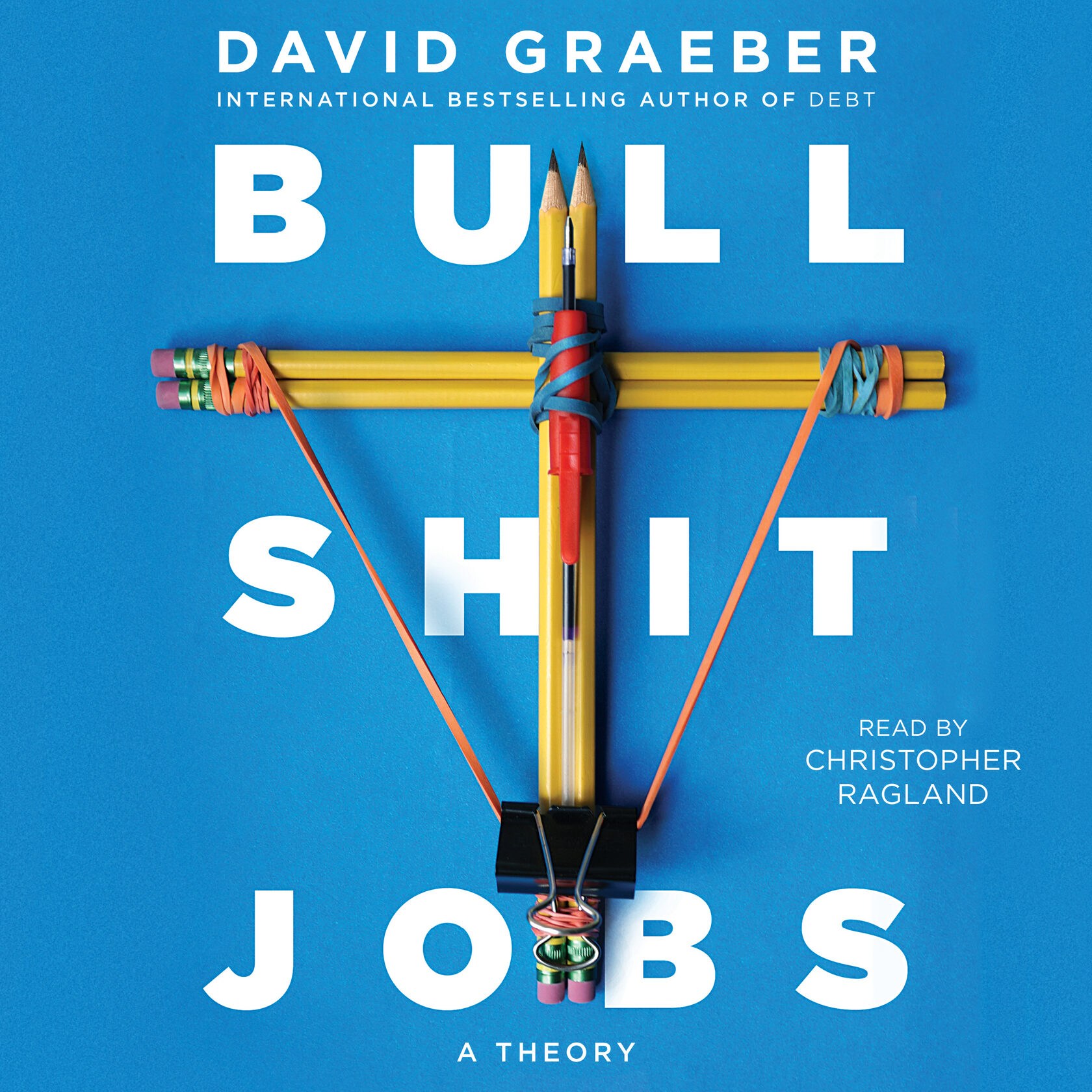One obstacle preventing organisations from adapting to changes are ‘bullshit jobs1’ — jobs that add so little value that even the people doing them know they’re bullshit. Such jobs are widespread in traditional organisations because of the way they’re designed. But leaders mistakenly believe they have a people problem and try to fix this by recruiting new talent they think will perform better.
But “a bad system will beat a good person every time”2 — W. Edwards Deming
‘Next generation firms’ don’t have a bullshit jobs problem. Next Gen firms understand how they create value for end users and organise themselves so everyone can contribute. Traditional firms often complain that the reason they’re being out-performed is because Next Gen firms have better talent, but Next Gen firms often reply — “we hired our staff from you”.
Traditional organisations today are getting frustrated: They know their processes don’t work as well; meetings take too long and resolve nothing; and there’s often confusion about who should do what. But the problem is not the people. The problem is organising around departments (finance, IT, operations, HR etc.) that create bullshit jobs that produce waste and lead to missed opportunities.
The Problem with ‘Organising by Departments’
There are benefits to organising by departments: Reporting lines are clear, people with similar roles learn from each another and can develop the skills needed to rise in the department’s hierarchy. But most departments are focused on achieving their own aims (getting more resources and power) — few either care or know who the organisation’s customers really are or what they need.
In a stable world where customer needs rarely change departments can focus on efficiency (doing things right). But in a volatile world with changing customer needs and new technologies it’s more important to be effective (doing the right thing). This means experimenting and innovating and that requires departments working with other departments. This is where the problems start.
Forced to work with others departments focus on protecting their resources and reputations first. There are few incentives for taking risks, but many punishments for failure (‘you’re over-budget!’). So they seek excuses. “We only provide support” they say “we’re not customer-facing” and they go back to doing ‘wrong things righter’ — bullshit jobs that add no value to the organisation.
“The more efficient you are at doing the wrong thing, the wronger you become. It is much better to do the right thing wronger than the wrong thing righter. If you do the right thing wrong and correct it, you get better.” — Russell L. Ackoff
The Solution is ‘Organising by Value’
Fortunately, alternatives to ‘organising by departments’ do exist. One of these was made famous by Amazon with its ‘two pizza teams’ (teams small enough to be feed with two large pizzas). Multi-disciplinary teams (with people from different departments) responsible for designing and running multiple small services that create value for users. Nestlé3 and Haier4 also use similar structures.
‘Organising by value’ requires seeing the bigger picture first — how we do we create value today — then tasking multiple, small teams to be fully-accountability for delivering that. As teams have all the professional skills they need to work autonomously they don’t have to wait for any department. Some teams focus on external users, some on internal, but all put users’ needs ahead of their own.
In a world that’s rapidly-changing ‘doing the right thing’ is more important than ‘doing things right’. Customers don’t care if you provide products or services more efficiently than rivals if you’re offering them products or services they don’t want. This is why Next Gen firms focus on effectiveness first — delighting customers and only then maximising profits by ‘doing the right thing’ more efficiently.
Some organisations have tried this approach, but with a hybrid ‘matrix model’ — hoping to get the effectiveness of small teams AND the efficiency of departments. But matrix structures confuse people — who are they more accountable to, their service line or department? The answer is where their bonus is paid and promotions happen. That’s why departments eat service lines for lunch.
Becoming a Next Gen Firm
So how can you become a Next Gen firm, without spending vast sums and time on yet another ‘transformation’ program? Fortunately, the hard work of figuring this out has been done for us. Researcher Simon Wardley5 has identified 40 principles — or ‘standard ways of operating’ — that all the most successful Next Gen firms use and you can use these as well.
Wardley researched over 100 of the most successful Next Gen firms in Silicon Valley and found 90 ‘ways of operating’ that were in widespread use. Of these 40 ways were used by all of these firms. Wardley then ran his research in Shenzhen (China’s Silicon Valley) and found them in play there also, suggesting that these 40 principles are universally-useful for any organisation.
Learn more here: https://powermaps.net/adapt
1 Гребер Д. Бредовая работа. Трактат о распространении бессмысленного труда = Bullshit Jobs: A Theory (2018).

